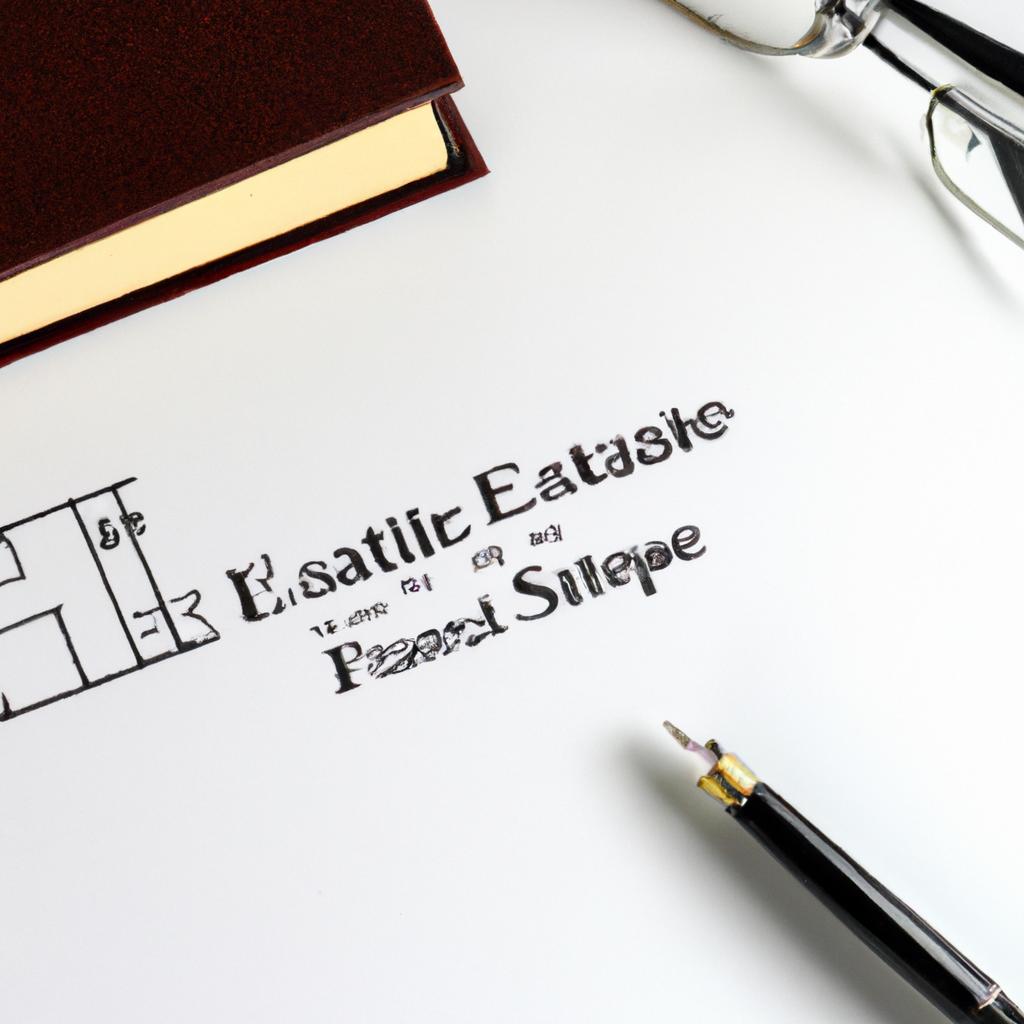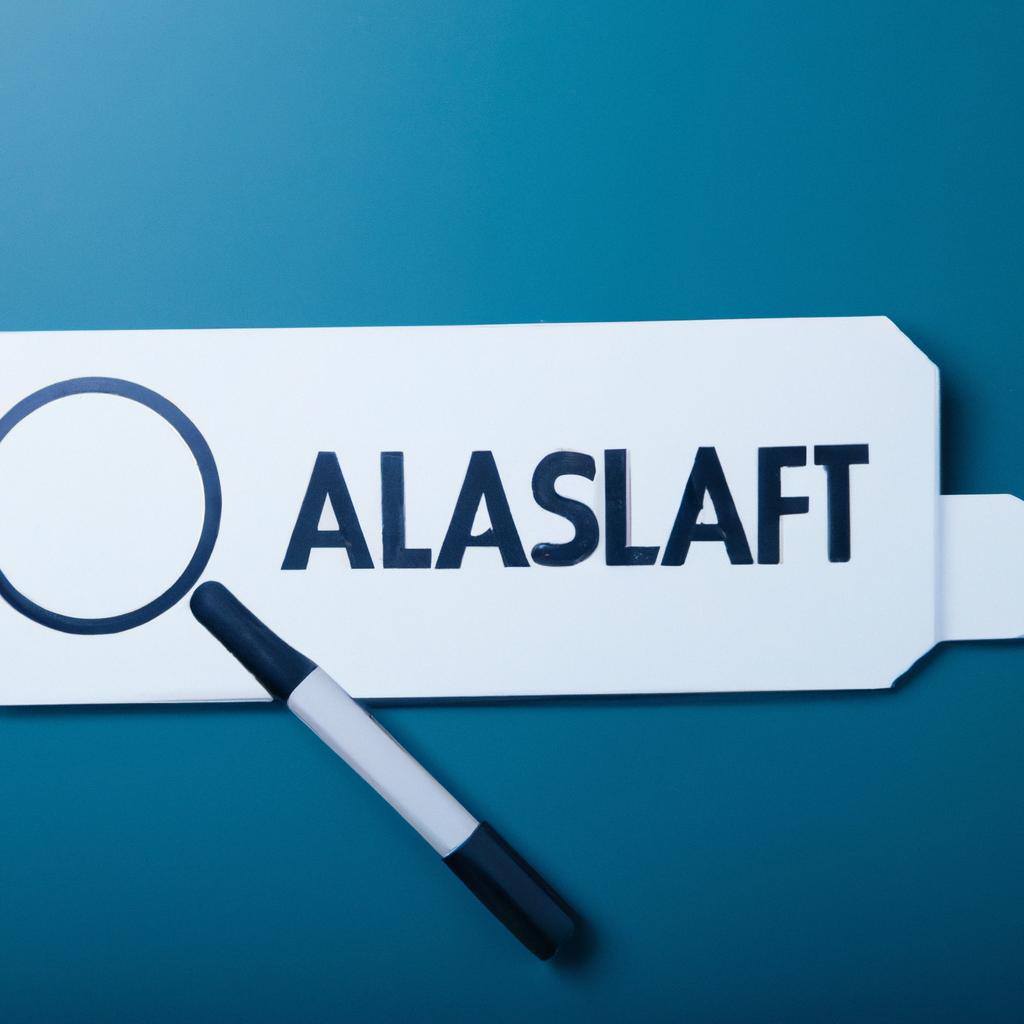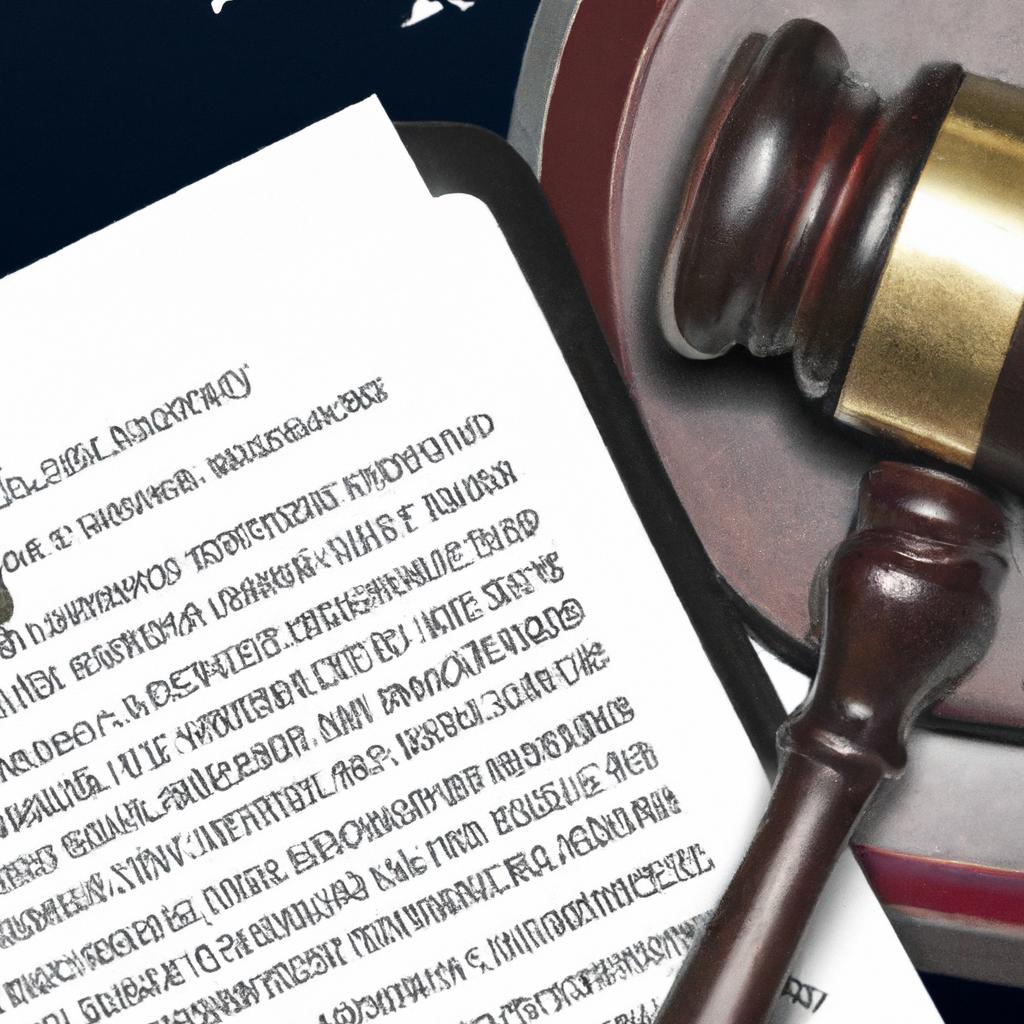As seasoned legal practitioners at Morgan Legal Group in the bustling metropolis of New York City, we understand the intricate complexities and importance of estate planning. One crucial aspect of this process is identifying and addressing the five essential components that form the foundation of a comprehensive estate plan. In this insightful article, we delve into the key elements that make up effective estate planning to ensure your assets are safeguarded and your wishes are fulfilled.
Understanding the Key Components of Estate Planning
When it comes to estate planning, there are five key components that individuals should consider. These components are essential for ensuring that your assets are properly distributed according to your wishes after your passing, as well as for protecting your loved ones and minimizing potential estate taxes. Without proper estate planning, your assets may be subject to probate, which can be a costly and time-consuming process. By , you can ensure that your final wishes are carried out effectively.
The five components of estate planning include Wills, Trusts, Advance Directives, Beneficiary Designations, and Power of Attorney. A Will is a legal document that outlines how you want your assets to be distributed after your death. Trusts are legal arrangements that allow a third party or trustee to hold assets on behalf of a beneficiary. Advance Directives include documents such as a living will and healthcare power of attorney, which specify your wishes regarding medical treatment in case you are unable to communicate. Beneficiary designations are forms that allow you to designate who will receive certain assets, such as life insurance policies or retirement accounts, upon your death. Lastly, a Power of Attorney grants someone the authority to make legal decisions on your behalf if you become incapacitated.

Creating a Comprehensive Plan for Your Assets and Future
When it comes to , estate planning is essential. Estate planning involves five key components that are crucial to ensuring your wishes are carried out and your assets are protected:
- Will: A will is a legal document that outlines how you want your assets to be distributed upon your death. It also allows you to name guardians for any minor children.
- Trust: A trust is a legal arrangement that allows a third party, or trustee, to hold assets on behalf of a beneficiary or beneficiaries. Trusts can help you avoid probate and provide for specific needs of your loved ones.
- Power of Attorney: A power of attorney grants someone the authority to make financial decisions on your behalf if you become incapacitated.
- Healthcare Proxy: A healthcare proxy is a legal document that allows you to appoint someone to make medical decisions for you if you are unable to do so yourself.
- Living Will: A living will, also known as an advance directive, outlines your preferences for medical treatment in the event you become incapacitated and unable to communicate your wishes.
| Component | Description |
|---|---|
| Will | Specifies asset distribution |
| Trust | Provides asset protection and direct distribution |
| Power of Attorney | Authorizes financial decisions on your behalf |
| Healthcare Proxy | Appoints someone to make medical decisions for you |
| Living Will | Outlines medical treatment preferences |

Navigating the Intricacies of Trusts, Wills, and Probate
When it comes to estate planning, there are five essential components that every individual should consider. These components are crucial in ensuring that your assets are distributed according to your wishes and that your loved ones are taken care of after you pass away.
<ul>
<li><strong>Will:</strong> A will is a legal document that outlines how you want your assets to be distributed after your death. It also allows you to name guardians for your minor children and specify any funeral arrangements.</li>
<li><strong>Trust:</strong> A trust is a legal arrangement that allows a third party, known as a trustee, to hold assets on behalf of a beneficiary or beneficiaries. Trusts can help avoid probate, minimize estate taxes, and provide for the ongoing management of assets.</li>
<li><strong>Power of Attorney:</strong> A power of attorney is a legal document that allows you to appoint someone to make financial or medical decisions on your behalf if you become incapacitated.</li>
<li><strong>Healthcare Proxy:</strong> A healthcare proxy is a legal document that allows you to appoint someone to make healthcare decisions on your behalf if you are unable to do so yourself.</li>
<li><strong>Beneficiary Designations:</strong> Beneficiary designations are used to specify who will receive certain assets, such as life insurance policies and retirement accounts, after your death. It's important to review and update these designations regularly to ensure they align with your overall estate plan.</li>
</ul>

Securing Your Legacy Through Proper Estate Planning Practices
Ensuring that your legacy is protected through comprehensive estate planning practices is crucial for securing the future of your loved ones. There are five essential components that make up a well-rounded estate plan:
- Will: A legal document that outlines how your assets and properties will be distributed after your passing.
- Trust: An arrangement where a trustee holds assets on behalf of beneficiaries, providing control over how and when those assets are distributed.
- Power of Attorney: Designating someone to make financial and legal decisions on your behalf if you become incapacitated.
- Healthcare Proxy: Appointing a trusted individual to make medical decisions for you in case you are unable to do so yourself.
- Living Will: A document that outlines your medical wishes in case you are unable to communicate them yourself.
| Component | Description |
|---|---|
| Will | Outlines asset distribution |
| Trust | Holds assets for beneficiaries |
| Power of Attorney | Makes financial decisions |
| Healthcare Proxy | Makes medical decisions |
| Living Will | Outlines medical wishes |
Q&A
Q: What are the 5 components of estate planning?
A: Estate planning involves various important components that ensure your assets and wishes are protected and carried out efficiently after your passing. The 5 key components are:
Q: What is a will and why is it important?
A: A will is a legal document that outlines how you want your assets to be distributed after your death. Having a will in place ensures that your wishes are honored and helps prevent disputes among family members.
Q: What is a trust and how does it fit into estate planning?
A: A trust is a legal arrangement where a trustee holds and manages assets on behalf of beneficiaries. Trusts can help avoid probate, minimize estate taxes, and provide for incapacity planning.
Q: Why is having a power of attorney essential in estate planning?
A: A power of attorney is a legal document that appoints someone to act on your behalf in financial or medical matters if you become incapacitated. It ensures that your affairs are managed by someone you trust.
Q: What is an advance healthcare directive and why is it important in estate planning?
A: An advance healthcare directive (also known as a living will) allows you to specify your medical treatment preferences if you are unable to communicate. It helps ensure that your wishes are respected in case of a medical emergency.
Q: Why should estate planning include beneficiary designations and account titling?
A: Designating beneficiaries on accounts such as retirement accounts, life insurance policies, and brokerage accounts can help assets pass directly to loved ones without going through probate. Proper account titling ensures that assets are transferred according to your wishes.
In Retrospect
In conclusion, estate planning is a crucial process that involves preparing for the future and ensuring your assets are distributed according to your wishes. By understanding the five key components – wills, trusts, powers of attorney, healthcare directives, and beneficiary designations – you can create a comprehensive plan to protect your legacy and provide for your loved ones. Remember, estate planning is not just for the wealthy; it is for everyone who wants to safeguard their hard-earned assets and leave a lasting legacy for future generations. So, take the necessary steps to secure your future today and consult with a professional to help you navigate the complexities of estate planning. Your loved ones will thank you for it.

